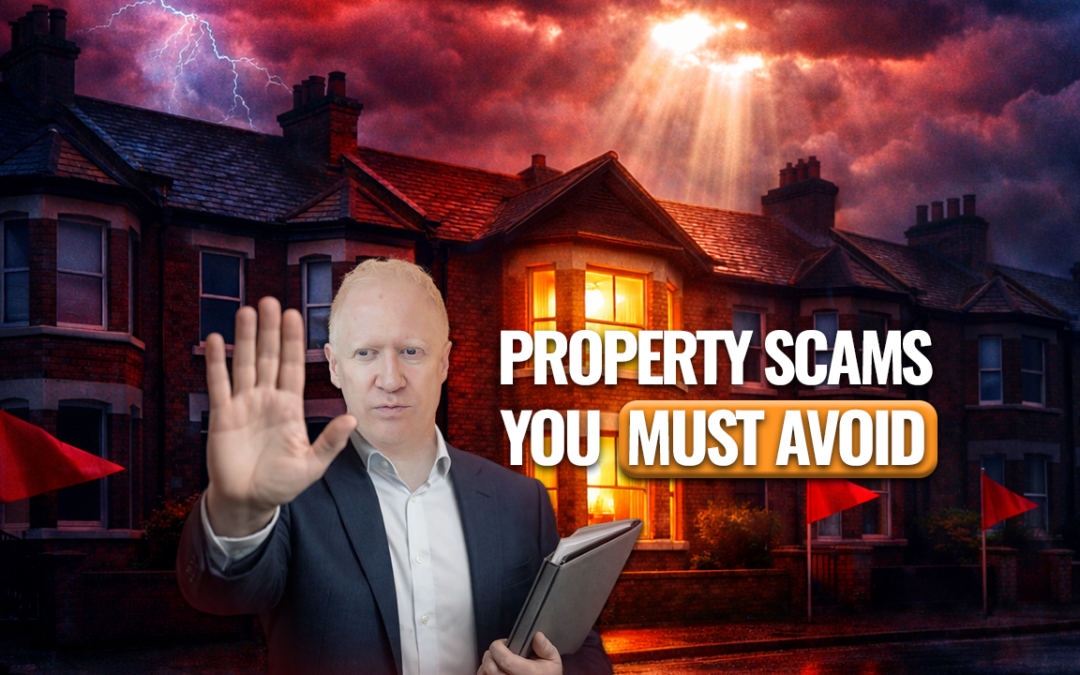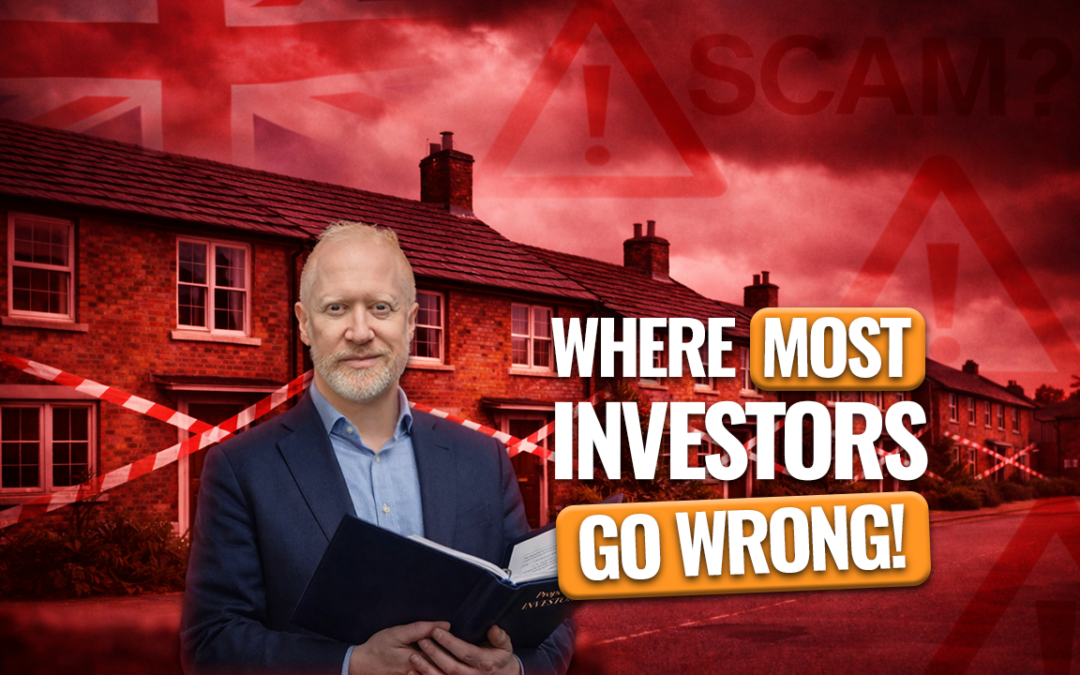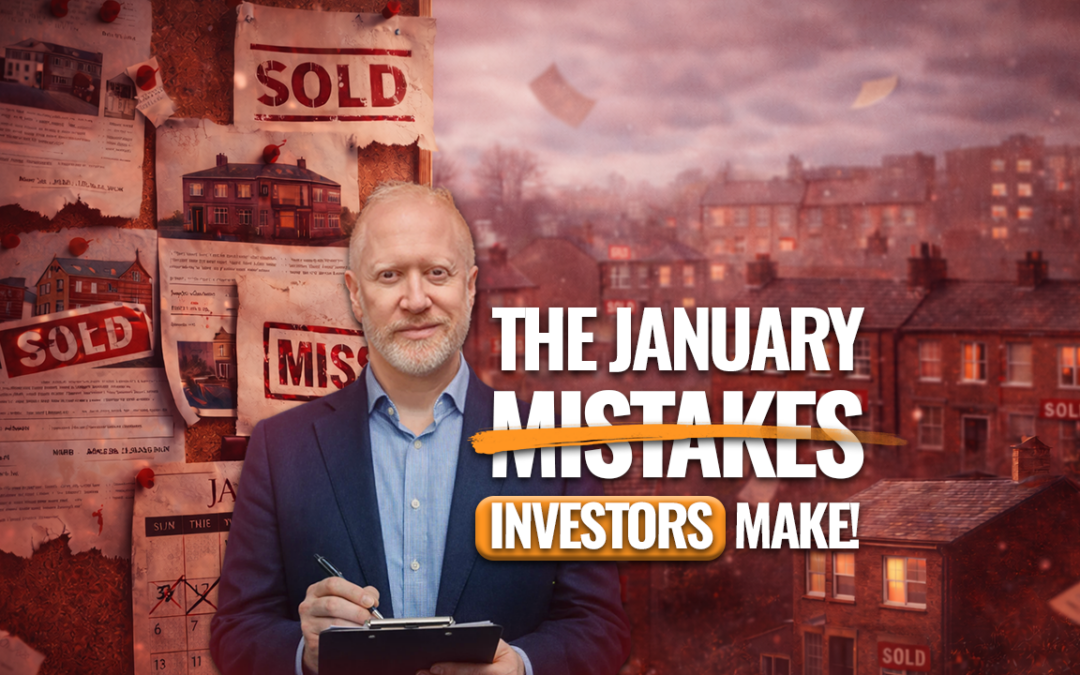One of the biggest decisions landlords face is whether to structure their portfolio as a limited company buy to let or keep properties in their personal name. Many investors ask, should I buy property in a limited company? The answer depends on factors like tax, borrowing, and your long-term plans. In this guide, we’ll explore the pros and cons of buying property in a limited company, how limited company property tax compares to personal ownership, and whether personal name vs limited company property ownership is the right choice for you.
In this blog, I’ll explain the pros, cons, and tax differences, and help you decide which route makes the most sense for your property strategy in 2025.
Why This Choice Matters for Investors
When you purchase an investment property, you need to decide who owns it. The two main structures are:
-
Personal ownership: You buy the property in your own name and pay income tax on the rental profits.
-
Limited company buy to let: You set up a company, the company owns the property, and you pay corporation tax on profits.
This decision has long-term consequences. It influences:
-
How much tax you pay on rental income
-
Whether you can offset mortgage interest
-
The availability and cost of mortgages
-
Estate planning and passing property to family
Should I Buy Property in a Limited Company?
This is the question many investors ask first. The appeal of a limited company buy to let usually comes down to tax efficiency.
-
Higher-rate taxpayers: If you’re paying 40% or 45% income tax, personal ownership can significantly reduce your net rental income. Section 24 rules limit mortgage interest relief, so you may be taxed on profits you don’t actually receive in cash. Since the Section 24 changes, individual landlords can no longer offset all their mortgage interest against rental income (HMRC Section 24 guidance
-
Limited companies: These pay corporation tax (currently 25% for many businesses). Importantly, mortgage interest is deductible, so you’re only taxed on the actual profit.
For example:
-
Personal name: £12,000 rental income – £8,000 mortgage interest = £4,000 profit. But under Section 24, you may be taxed as if your profit is higher, depending on your band.
-
Limited company: £12,000 rental income – £8,000 mortgage interest = £4,000 profit. You pay corporation tax on £4,000, not an inflated figure.
This difference alone often makes a limited company attractive to serious investors.
Pros and Cons of Buying Property in a Limited Company
Pros
-
Full relief on mortgage interest (treated as a business expense)
-
Corporation tax rates lower than higher-rate personal income tax
-
Easier to reinvest profits into more property without withdrawing money
-
Can be tax-efficient for estate planning, passing shares to family
Cons
-
Mortgage interest rates are often 0.5–1% higher than personal buy to let loans
-
Smaller choice of lenders for company mortgages
-
Extra costs for company setup, annual accounts, and compliance
-
Double taxation risk if you take profits out (corporation tax + dividend tax)
Understanding Limited Company Property Tax
Tax is the most influential factor in the buy to let limited company vs personal name decision. Here’s a breakdown:
Personal name
-
Profits taxed as income at 20%, 40%, or 45%
-
Section 24 restricts mortgage interest relief
-
Can use personal tax allowances (e.g. £1,000 property allowance)
Limited company
-
Profits taxed at corporation tax rates (19–25%)
-
Mortgage interest is deductible in full
-
Taking profits out means paying income tax or dividend tax
-
Can retain profits within the company to reinvest tax-efficiently
- A limited company pays corporation tax on its profits, currently 25% for many businesses (HMRC corporation tax rules)
For investors planning to build a large portfolio, the ability to retain and reinvest profits is a major advantage of the limited company route.
Personal Name vs Limited Company Property Ownership
When weighing up personal name vs limited company property ownership, consider these factors:
-
Scale: Small landlords with 1–2 properties often stick with personal name ownership.
-
Tax band: Higher-rate taxpayers usually benefit from a limited company structure.
-
Future plans: If you’re aiming for 5+ properties, a company structure may help with scaling.
-
Cashflow needs: If you need to withdraw all profits each year, personal name might be simpler.
If you own property in your personal name, you’ll pay income tax on rental profits at your marginal rate (UK government guide to paying tax on rental income).
Case Study: Two Investors, Two Approaches
Investor A: Sarah (basic-rate taxpayer, 1 rental)
- Buys in her personal name.
- Mortgage is low, rental income is steady.
- Her profits are taxed at 20%.
- Setting up a company would add unnecessary cost and complexity.
Investor B: David (higher-rate taxpayer, plans 10 properties)
- Buys through a limited company.
- Offsets full mortgage interest, pays 25% corporation tax.
- Retains profits within the company to reinvest.
- Over 10 properties, he saves tens of thousands in tax.
Common Mistakes Investors Make
-
Not getting tax advice first: Each person’s situation is different.
-
Buying the first property in a personal name, then realising later a company would have been better (transferring is costly).
-
Assuming a company is always cheaper: For small portfolios, it may not be.
-
Ignoring future plans: Think long-term, not just about your first property.
FAQs
1. Is a limited company buy to let always better?
No. It depends on your tax band, portfolio size, and goals.
2. Can I transfer properties from my name to a company later?
Yes, but it usually triggers stamp duty and capital gains tax, so it’s rarely cost-effective.
3. Do I need an accountant for a limited company?
Yes, annual accounts must be filed with Companies House and HMRC.
4. Will lenders accept my limited company?
Yes, but usually only if it’s a Special Purpose Vehicle (SPV) company set up for property.
5. Can I mix personal and company ownership?
Yes, some landlords do, but it complicates tax planning.
Final Thoughts
Deciding between limited company buy to let and personal ownership is one of the most important steps in your property journey. For many serious investors, the tax savings and growth potential of a company structure make it the obvious choice. But for smaller landlords or basic-rate taxpayers, personal ownership can still be the simplest and most efficient route.
Either way, seek professional tax advice before you buy. Structuring your portfolio correctly at the start can save you thousands and make scaling your property business much easier.
About property investors network
Founded in 2003 by Simon Zutshi, property investors network (pin) is the UK’s longest-running and pioneering property training and networking organisation. We cater for all levels of investors from beginners learning how to start in property to experienced professionals looking to scale. With monthly property networking meetings across the UK, online workshops and hands-on coaching programmes, pin has supported thousands of people to build knowledge, confidence and profitable portfolios. Unlike estate agents or deal sellers, pin focuses purely on UK property training and education, providing a safe and inspiring community for anyone serious about property investing.











